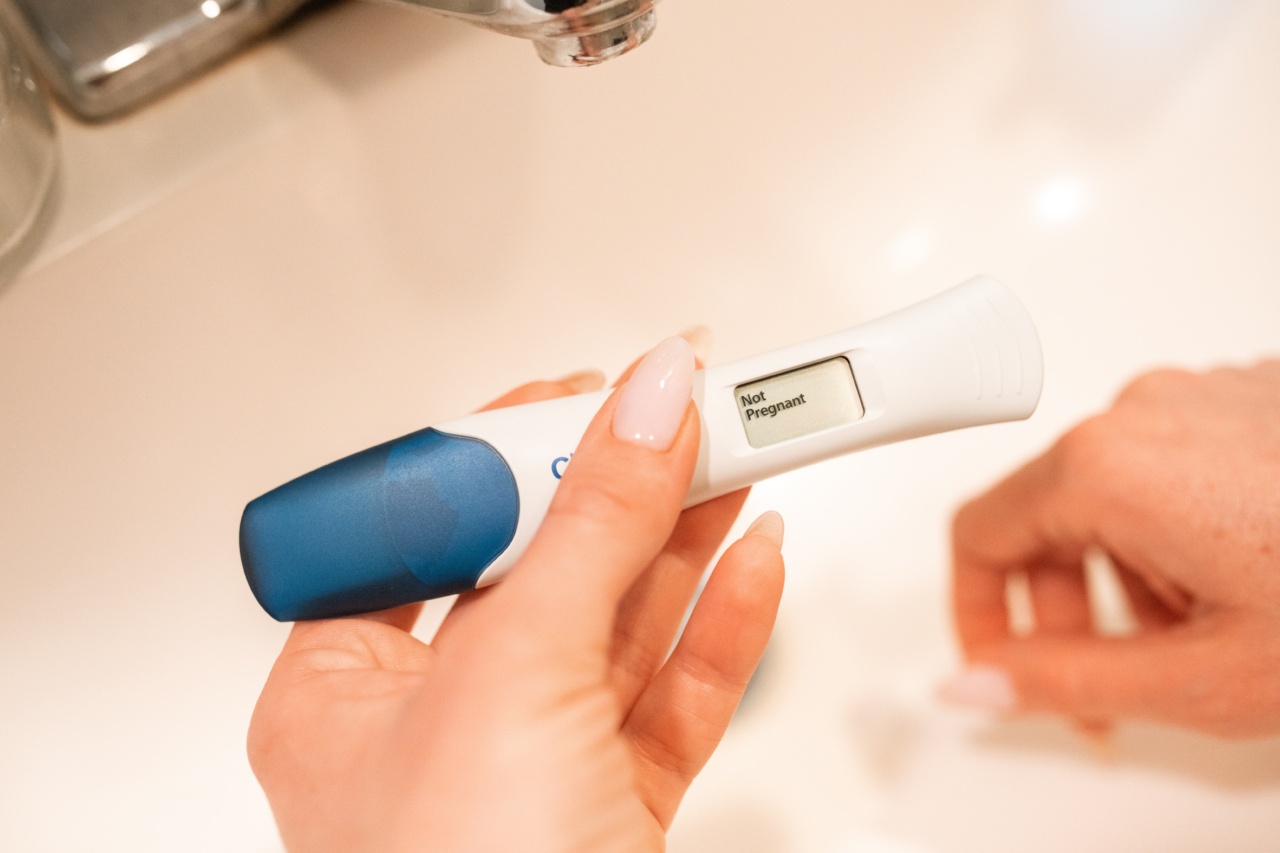The gender of a baby is one of the biggest surprises for parents-to-be. While some couples prefer not to know until delivery, others are eager to find out as soon as possible.
But did you know that a mother’s blood pressure can have a link with her baby’s gender? Studies have shown that there may be a connection between the two factors.
How Blood Pressure Affects Baby’s Gender
Research has found that women who have high blood pressure are more likely to have a boy, while those with low blood pressure are more likely to have a girl.
This is due to the fact that the mother’s blood pressure can affect the production of hormones that determine the sex of the baby.
When a woman’s blood pressure is high, there is an increase in the production of angiotensin II, a hormone that has been shown to promote the development of male fetuses.
On the other hand, low blood pressure can result in higher levels of progesterone, which promotes the development of female fetuses.
While this link between blood pressure and baby’s gender has been established, it is important to note that it is not a guaranteed determinant. There are many other factors that influence the sex of a baby, such as genetics and chance.
Effect of Medication and Lifestyle on Blood Pressure and Baby Gender
While blood pressure can have a potential link with baby’s gender, it is important to note that medication and lifestyle can also play a role in managing blood pressure.
Women with hypertension may be prescribed medication to control their blood pressure during pregnancy. However, certain medications may also have an effect on the sex of the baby.
For example, a study found that women who took beta-blockers to control hypertension during pregnancy were more likely to have a boy.
Lifestyle factors such as diet and exercise can also have an impact on blood pressure and in turn, baby’s gender.
Women who maintain a healthy weight and engage in regular physical activity are more likely to have a healthy blood pressure, which may result in a higher chance of having a girl.
The Role of Genetics in Baby Gender
While blood pressure can influence baby’s gender, genetics play a significant role as well. The sex of a baby is determined by the chromosomes carried by the sperm and egg.
Sperm carry either the X or Y chromosome, while eggs carry only the X chromosome.
When a sperm carrying a Y chromosome fertilizes an egg, the result is a boy. When a sperm carrying an X chromosome fertilizes an egg, the result is a girl.
Therefore, the likelihood of having a boy or a girl is determined by chance and the ratio of sperm carrying X or Y chromosomes in the father’s semen.
The Bottom Line
While blood pressure can have a link with baby’s gender, it is important to note that it is not a guaranteed determinant. There are many other factors that impact the sex of a baby, such as genetics and chance.
It is important for women to maintain a healthy blood pressure during pregnancy to avoid any potential complications. Regular prenatal care and monitoring can help manage blood pressure and ensure the health of both mother and baby.





























